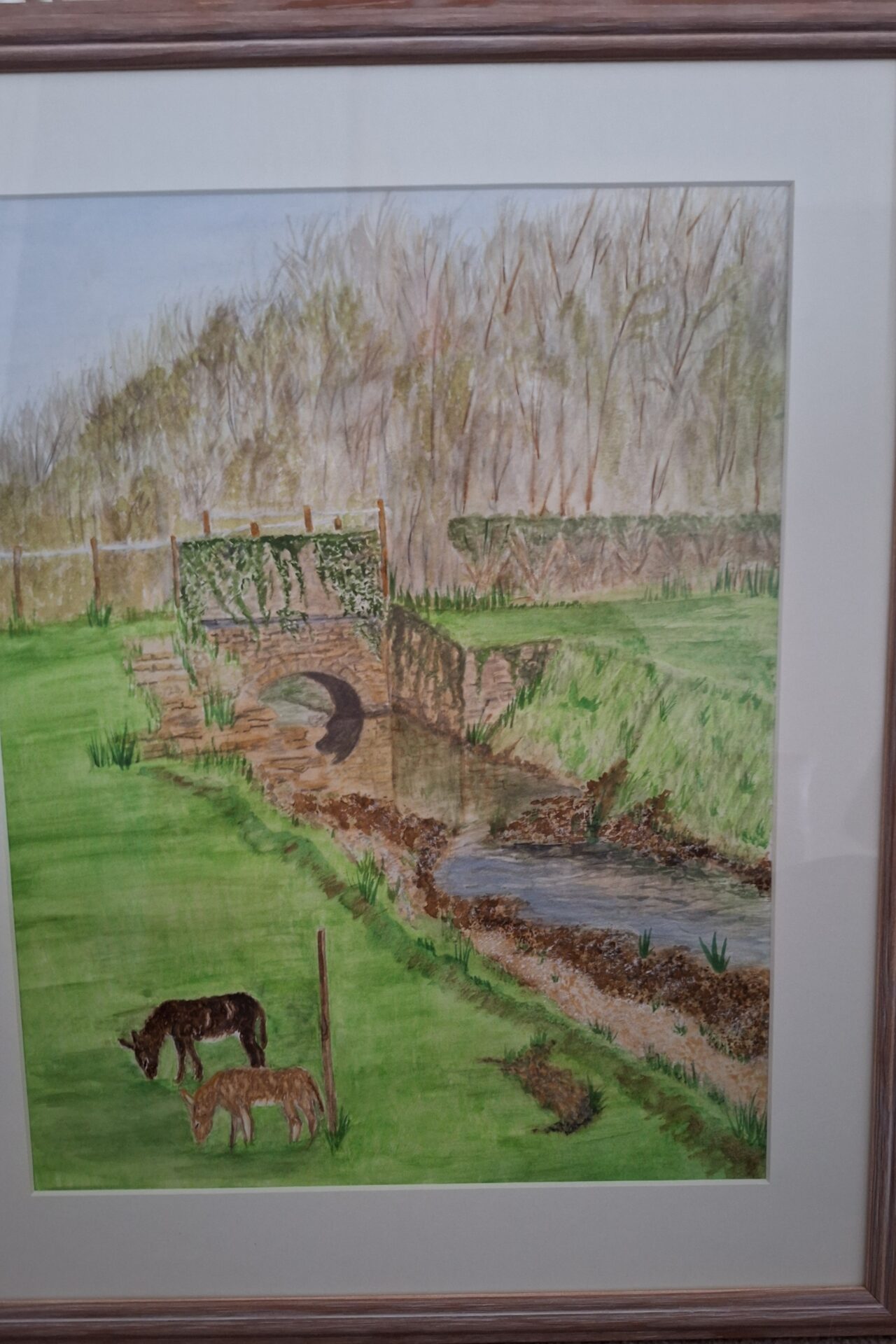The pattern of spiritual healing closely resembles that of physical healing. Strange though it may seem it is harder for us as human beings to develop the art of “not paying attention” than to cultivate the habit of paying attention. Unpleasantness breeds on the attention it gets. The more attention it receives the more unpleasant we feel.
Not paying attention to something is not the same as denying its existence or wishing it away. On the contrary, it is a question of accepting it, but choosing not to make it the centre of our consciousness. The scab of a healing wound is best left untouched. Yet, while the healing process gets underway there is also the irritation that one must be careful to ignore, lest by yielding to the temptation to scratch and peel, we hinder the process of healing itself. But for nature itself, the irritation is often a symptom that the healing process has begun.
It is much the same with inner woundedness. The Gospel of Luke, in the New Testament recounting the visit of Jesus to the house of Martha and Mary (10:38-42), provides us with an insight into the healing process. Martha is meant to represent the irritated part of ourselves that gets easily hurt and thrown into disarray by Mary’s apparent indifference to her plight. Instead of paying attention to Jesus (which she thinks she is doing by attending to his needs) she is unknowingly paying more attention to her sister Mary. It is her indifference and lack of consideration that she is bothered about, until Jesus intervenes, and draws her attention away from it.
Pre-occupation with the ‘misdeeds’ of others allows them to occupy the centre stage of our lives. And it is not long before we begin to spend needless energy putting up defences against any possible emergency. The mind is ever ready to add to the list of endless possibilities and we are left not paying attention to the ‘one thing that matters’ – the presence of the LORD within us. Preoccupation with our own woundedness makes us more vulnerable. The hurtful remarks, sarcasms and even verbal abuse that we may be subjected to are akin to the irritation of a healing wound. It is best left alone. The shortest and easiest way to allow the wound to heal after it has been treated is to ignore the irritation that we feel. Luke seems to indicate that the same holds good for spiritual healing as well. Just as ignoring the irritation helps take our attention off the wound and return to being whole we learn to take the attention off our inner woundedness by ignoring the irritation, lest we end up feeling more wounded and inwardly pained. But precisely because we are aware of the irritation and chose to ignore it we now know that the healing process is underway. This is what lies at the heart of the practice of Vipassana in the Buddhist tradition.
Love keeps no account of wrong doing – neither our own nor that of others. The prophets of the Old Testament portray the LORD’s faithfulness by indicating precisely that ‘though our sins are constantly before him, He chooses not to call them to mind’ 3. Jesus, in the Gospel episode doesn’t require us to pay attention to our woundedness by dwelling on our own misdeeds and the real or perceived misdeeds of others. He asks us instead like Mary, to choose the better part, to sit in the awareness of his healing presence the joy of which will not be taken away from us.







